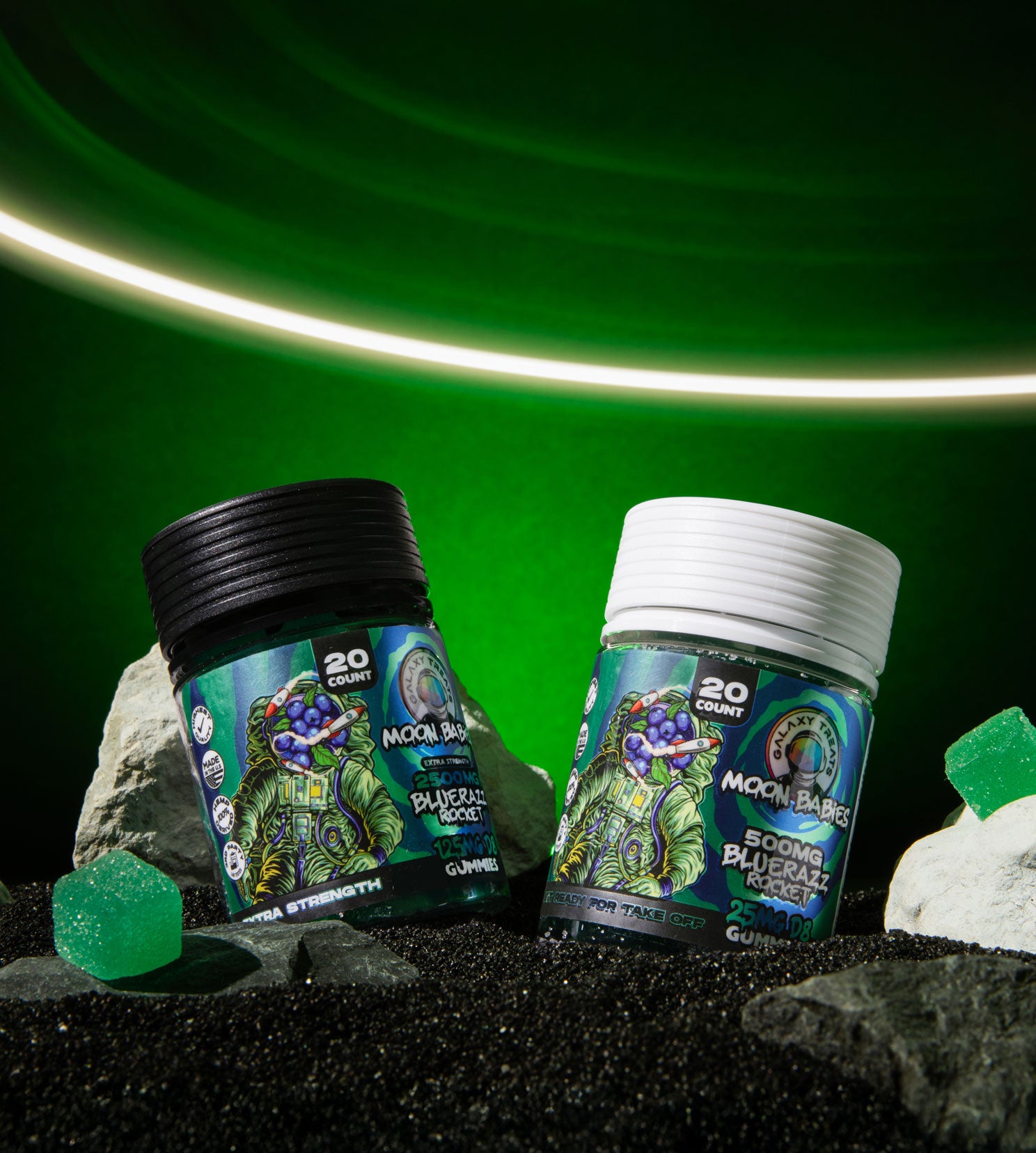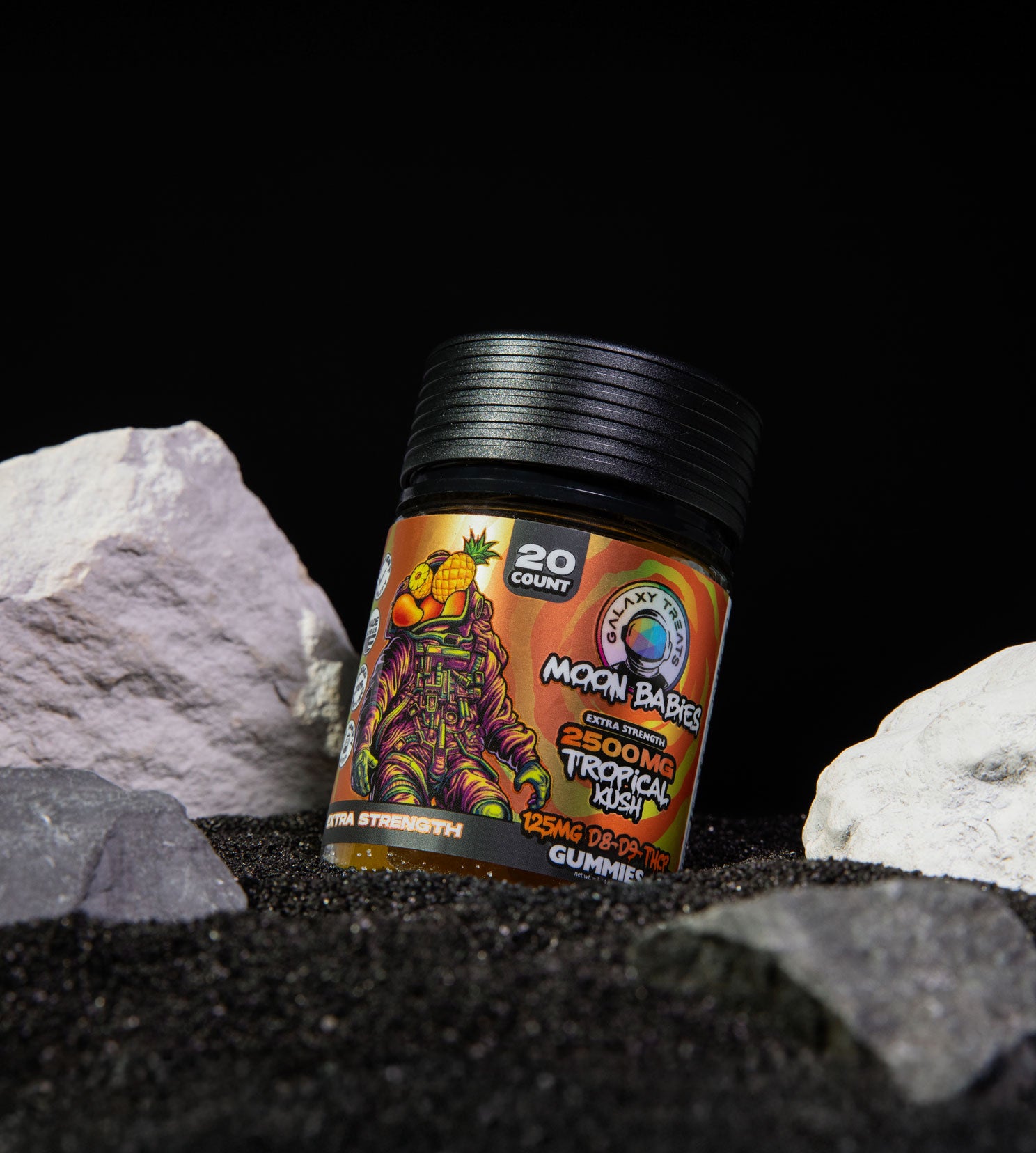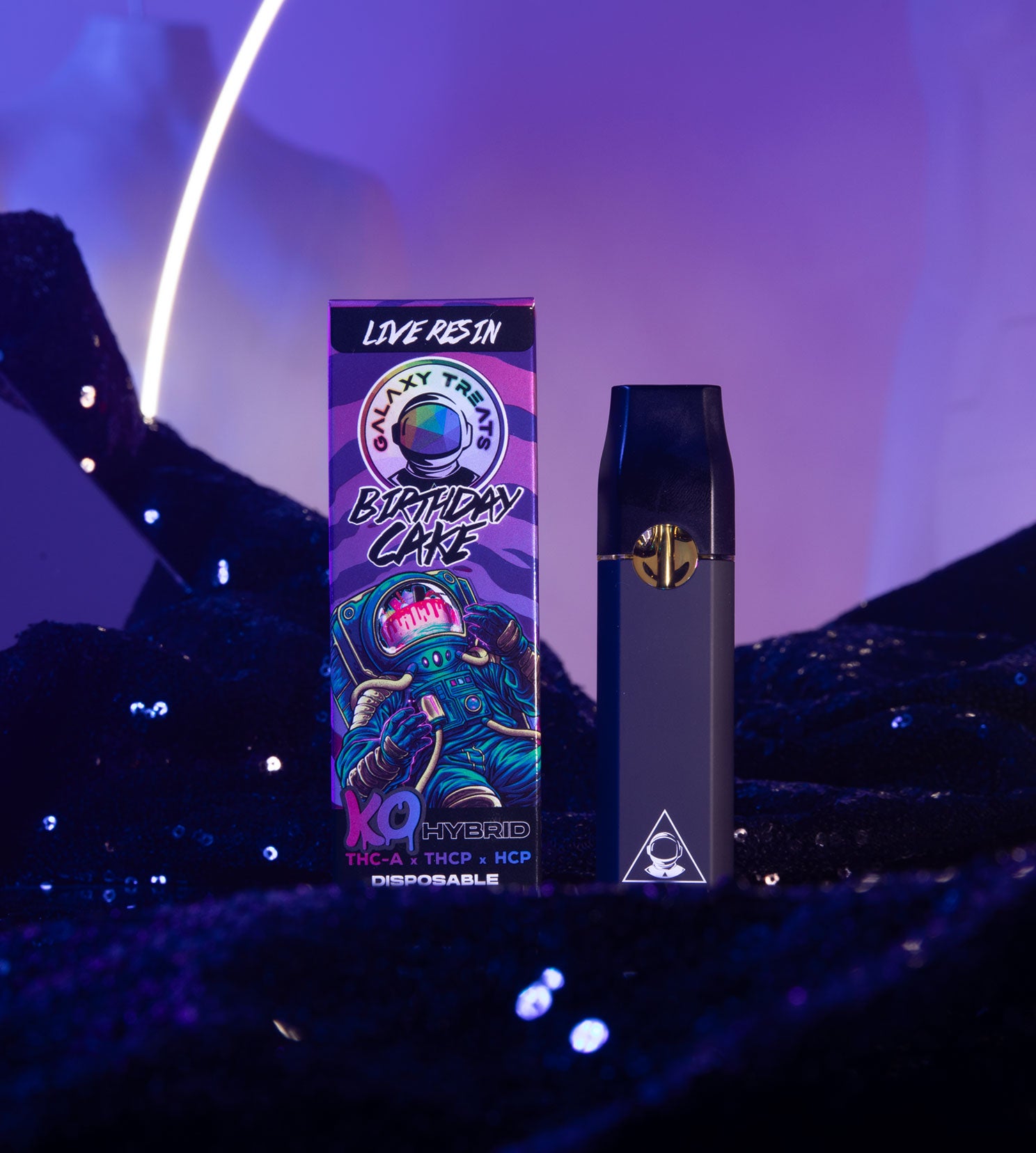What Is Blue Lotus Flower?
Blue lotus flower (Nymphaea caerulea) is a plant that is known by other names like blue Egyptian lotus or simply blue water lily. This plant grows in water in some areas, including parts of Asia and Egypt. Known for its gorgeous and vibrant flowers that float atop the water, the blue lotus is relatively easy to point out in nature. The blue lotus has been considered a sacred plant historically and was often used in spiritual ceremonies due to its psychoactive effects. In fact, most mentions in historical texts are in reference to using the plant during formal spiritual events. This is because the plant can induce a mild level of euphoria. However, the active compounds in blue lotus may also yield therapeutic benefits that could be important for the human body.
Potential Benefits of Blue Lotus Flower
Blue lotus flower contains two primary active alkaloids: nuciferine and apomorphine. While the blue lotus flower has not been collectively studied to an extensive degree, there are several enlightening studies associated with both of the blue lotus's active alkaloids. In addition, other compounds in the plant may lend blue lotus benefits as well, even though more research is warranted to make definitive claims. Take a look at a few of the potential health benefits of blue lotus below.Physical Relaxation and Muscle Control
Both nuciferine and apomorphine are recognized for their calming properties. Apomorphine, specifically has been examined for its ability to reduce involuntary muscle movements, which are commonly associated with concerning medical conditions like Parkinson's disease. In animal studies, nuciferine was found to have some analgesic qualities, which may also be important when it comes to physical discomfort. However, this potent alkaloid also acts as an anticonvulsant, which may be complementary to the properties of apomorphine.Stress-Relief
The blue lotus flower has long been prized for its mood-supporting benefits. While the research into the mood-stabilizing properties of blue lotus is in its early stages, some promising attributes have emerged. In an exploratory study published in the Journal of Contemporary Pharmacy Practice, blue lotus extract reduced anxious thoughts and feelings among more than a dozen participants. Therefore, the extract taken from blue lotus may be beneficial for individuals with excessive levels of stress or who frequently deal with fight-or-flight feelings.
Enhanced Sleep
The blue lotus flower has historically been used as a sleep aid. Additionally, some ancient cultures relied on blue lotus to help them achieve more meaningful or vivid dreams, as dreams were often thought to be spiritual gifts from the gods or even prophetic if they could be recalled. The physically and emotionally calming properties of blue lotus may offer a natural level of sleep support, but the mechanisms by which blue lotus helps with sleep are not entirely understood. Nevertheless, numerous anecdotal reports claim that the plant can help you fall asleep and sleep better through the night.Wellness Support
Much like other medicinally valuable plants, blue lotus contains a high level of antioxidants. Plant-derived antioxidants like quercetin, myricetin, and flavonoids can be especially beneficial to the human body. Antioxidants are valuable for wellness support because they act as protectant agents against free radicals. This essentially means the compounds can protect cells, which is extremely important when it comes to negating the risks of certain diseases. Unfortunately, no research has been conducted on the compilation of antioxidants in blue lotus and how they may support wellness, although the allusion is easy to make.Sexual Function Support
One of the more profound blue lotus effects is its potential to act as a support for sexual function. Some cultures consider the blue lotus flower to be an aphrodisiac, but recent research has shown some of the active components in the plant may support specific biological actions when it comes to sex. The most noteworthy area of discussion here is people with erectile dysfunction (ED) can use blue lotus to address their problem. Apomorphine has been shown to encourage blood flow in penile tissues, which may improve the ability to achieve and sustain an erection.
Skin-Related Benefits
Numerous health and beauty products contain extracts taken from the blue lotus flowers, and it is for good reason. As noted earlier, the extract is high in antioxidants. These antioxidants can be important for skin health when used topically and may even be beneficial for fighting the signs of aging due to oxidative stress on the skin's surface. Further, the phytochemical profile of the plant may also provide anti-inflammatory actions, which can be important for some skin conditions like acne and rosacea.Blue Lotus Effects - How Does Blue Lotus Make You Feel?
In addition to the therapeutic effects of blue lotus, the active agents in the plant are also known for inducing certain cognitive effects. While individual experiences vary, some people claim that blue lotus effects are comparable to certain cannabinoids like delta 8 or delta 9 THC, but to a milder degree. Blue lotus has the ability to influence dopamine receptors, which in turn, can lead to a sense of euphoria. For the most part, blue lotus will leave you feeling a bit happier, more relaxed, and generally in a good emotional space at reasonable doses. One of the most interesting blue lotus effects is its ability to potentially enhance dreams or the vividness or lucidity during dreams. This effect is also likely due to the interaction with dopamine receptors by the active agents found in the plant. Therefore, not only do people take blue lotus to help with sleep, but also to experience more profound, meaningful dreams. Blue Bliss Blue Lotus Gummies actually contain the complementary herb Calea Zacatechichi for additional dream enhancement. These statements have not been approved by the U.S. Food and Drug Administration (FDA). This product is not intended to treat or cure any ailment or medical condition. The effects of Blue Lotus can vary from person to person based on a variety of factors including body weight, historical usage with other active ingredients and/or psychoactive compounds, body composition, and dosage. While many people have reported positive effects, it is always recommended to exercise caution and consult with a healthcare professional before incorporating Blue Lotus into your routine.







